- What is Psoriasis?
Our skin cells have a life cycle. During this cycle, skin cells grow deep in our skin, slowly rise to the surface and eventually die and fall off our skin. Normally, this process takes one month.Psoriasis is a condition when this skin production speeds up, and occurs in just a few days. Due to which, skin cells don’t get sufficient time to fall off. So they grow and accumulate rapidly on the surface of the skin. Subsequently, scales and red patches are formed, which are itchy and even painful sometimes.Psoriasis generally develops on joints like elbows and knees, but it can also develop on hands, feet, neck, scalp and face. - How do I know if I have Psoriasis?
Here are some common signs, and some types of Psoriasis-- Red patches with white scales on them, which is also called as Plaque Psoriasis. It commonly affects skin over elbows, knees and scalp.
- Small, red spots or scales, which is also known as Guttate Psoriasis. It commonly occurs in children and affects the torso, arm and leg areas.
- Dry skin, which cracks and bleeds
- Soreness, itching and burning sensations around patches
- Thickened, ridged or pitted nails, which is also known as Nail Psoriasis
- Swollen and stiff joints
- Red, shiny inflamed skin in armpits, under breasts, in the groin area or in the genital area. It is called Inverse Psoriasis.
- Puss-filled blisters and broad areas of red, inflamed skin. It is called Pustular Psoriasis and it commonly happens in adults.
- A less common, but a severe type of this condition is Erythrodermic Psoriasis, in which, rashes cover a large part of the body. The skin appears red and the affected person may feel intense itchy and burning sensations.
- Red patches with white scales on them, which is also called as Plaque Psoriasis. It commonly affects skin over elbows, knees and scalp.
- What causes Psoriasis?
Specific causes of Psoriasis are unknown, but there are two general factors that the disease can be attributed to.First, your immune system. When your white blood cells, which are supposed to fight bacteria and infections, attack your skin cells by mistake, the skin production process speeds up. This can lead to Psoriasis.Second, your genes or heredity. Some people are passed on certain genes that make them more susceptible to get Psoriasis. So, if you have any immediate family member who has or had the condition, there are considerable chances of you getting Psoriasis.Apart from this, there some triggers which could cause or worsen Psoriasis-
- Skin infections
- Skin injury (cuts, scrapes, bug bites, sunburn, etc.)
- Vitamin D deficiency
- Obesity
- Stress
- Smoking
- Excessive alcohol consumption
- Does Psoriasis gets passed on from one person to another?
No, coming in contact with an affected person won’t cause it to develop on your skin. - What are the treatments for Psoriasis?
There are different types of treatments that doctors recommend depending upon your condition. Here are some common ones-- Topical Treatments
These are creams, gels or lotions that can be directly applied to the affected area if you have mild to moderate Psoriasis. Common examples of these medications are topical corticosteroids, topical retinoids, anthralin, Vitamin D analogues, salicylic acid and moisturisers.
- Oral or Injected Medication
People with moderate to severe Psoriasis and the ones whose condition didn’t improve after other treatments are recommended this type of medication. Some common medicines include retinoids, biologics, and methotrexate.
- Light Therapy
this therapy, ultraviolet light or natural sunlight is used to kill the overactive white blood cells that are attacking skin cells.
Depending on your condition, doctors can recommend you either one or a combination of these treatments.
- Topical Treatments
- Is there a permanent cure for Psoriasis?
Psoriasis is a chronic disease, which means it can happen multiple times even if you get it treated. So there is no permanent cure for psoriasis. However, you can always take preventive measures like moisturizing, quitting smoking and managing stress.Psoriasis is a serious skin condition. If ignored, it can spread and make things worse. It is highly recommended to consult a doctor as soon as you suspect a symptom.
Home Skin Care Skin care tips Dr. Sachin Varma Answers FAQ’s on Psoriasis
Dr. Sachin Varma Answers FAQ’s on Psoriasis
Medically Reviewed by
Text
Medically Reviewed by
Text
Medically Reviewed by
Text
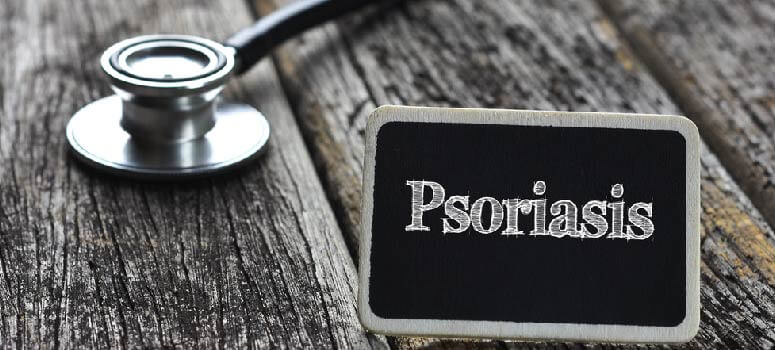
- By Skin & Hair Academy
- July 2, 2020
- 1000 Views
- 10
- 0
Share:
Disclaimer
The information contained in this article is to educate, spread awareness in relation to Skin care or Hair care to the public at large. The contents of this article are created and developed by SkinandHairAcademy.in through its authors, which has necessary, authorisations, license, approvals, permits etc to allow usage of this articles on The Website. The views and opinions expressed in this article are views, opinions of the respective authors and are independently endorsed by doctors. Although great care has been taken in compiling and checking the information in this article, The Website shall not be responsible, or in any way liable for any errors, omissions or inaccuracies in this article whether arising from negligence or otherwise, or for any consequences arising therefrom. The content of this article is not a substitute for any medical advice. The Website shall not be held responsible or liable for any consequence arising out of reliance on the information provided in the article.
RECOMMENDED FOR YOU


MOST POPULAR




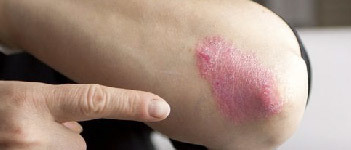
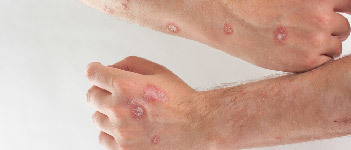
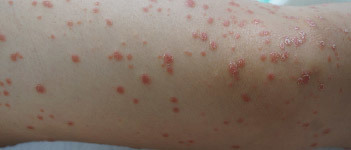

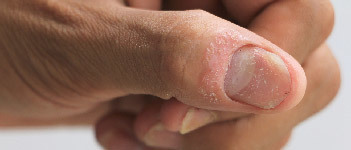
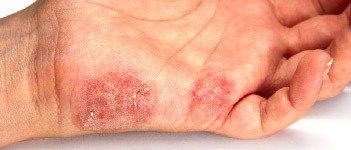
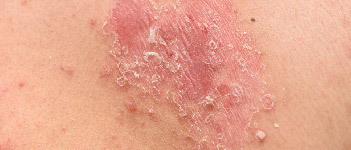
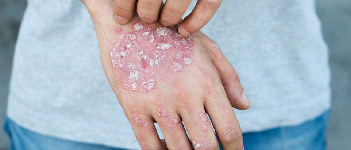
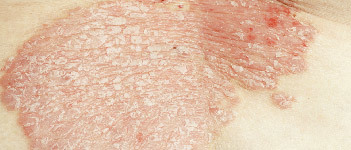
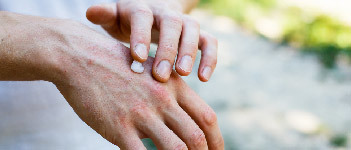 These are creams, gels or lotions that can be directly applied to the affected area if you have mild to moderate Psoriasis. Common examples of these medications are topical corticosteroids, topical retinoids, anthralin, Vitamin D analogues, salicylic acid and moisturisers.
These are creams, gels or lotions that can be directly applied to the affected area if you have mild to moderate Psoriasis. Common examples of these medications are topical corticosteroids, topical retinoids, anthralin, Vitamin D analogues, salicylic acid and moisturisers.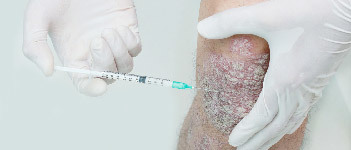 People with moderate to severe Psoriasis and the ones whose condition didn’t improve after other treatments are recommended this type of medication. Some common medicines include retinoids, biologics, and methotrexate.
People with moderate to severe Psoriasis and the ones whose condition didn’t improve after other treatments are recommended this type of medication. Some common medicines include retinoids, biologics, and methotrexate.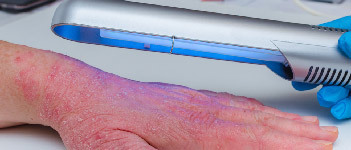 this therapy, ultraviolet light or natural sunlight is used to kill the overactive white blood cells that are attacking skin cells.
this therapy, ultraviolet light or natural sunlight is used to kill the overactive white blood cells that are attacking skin cells.






